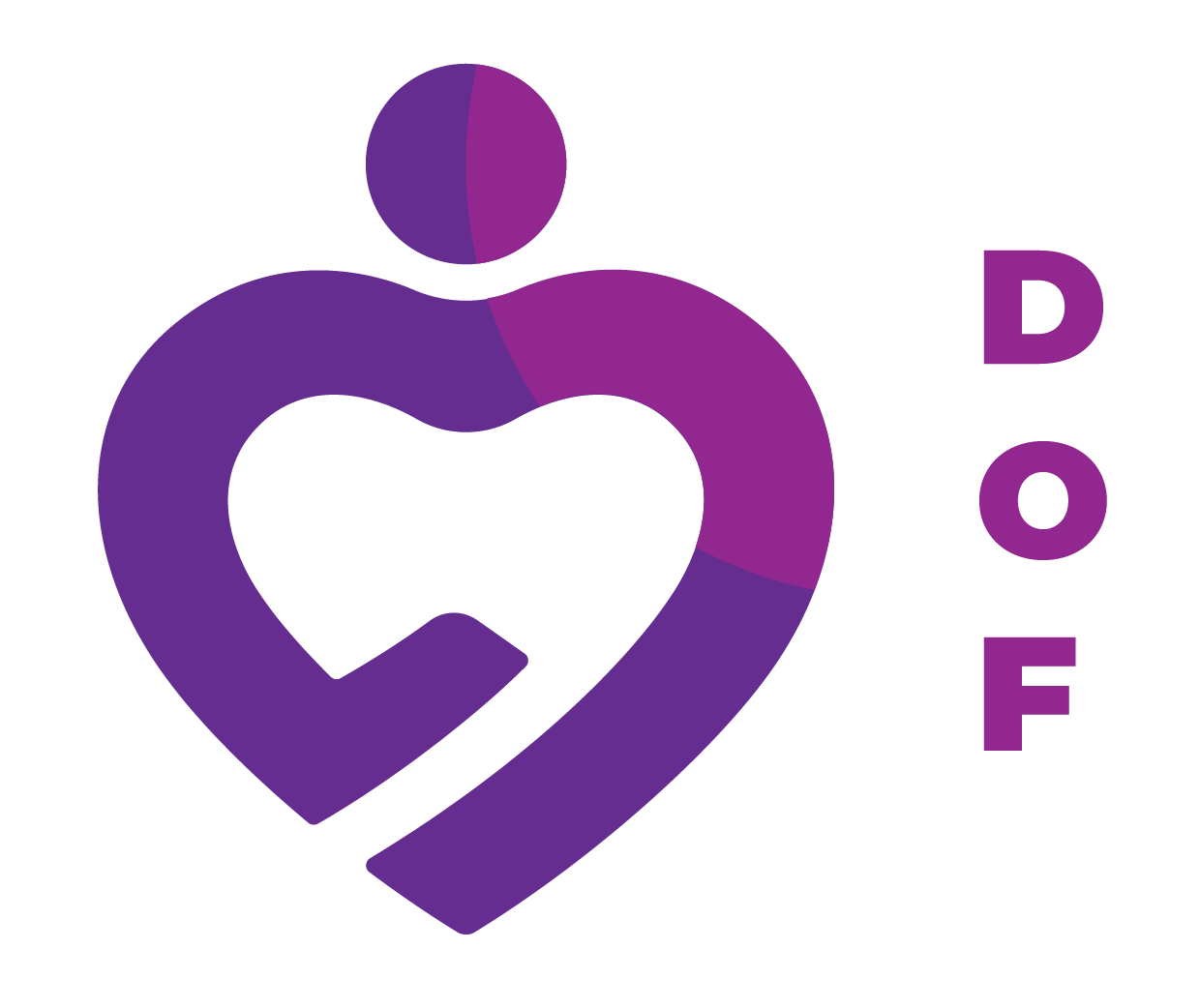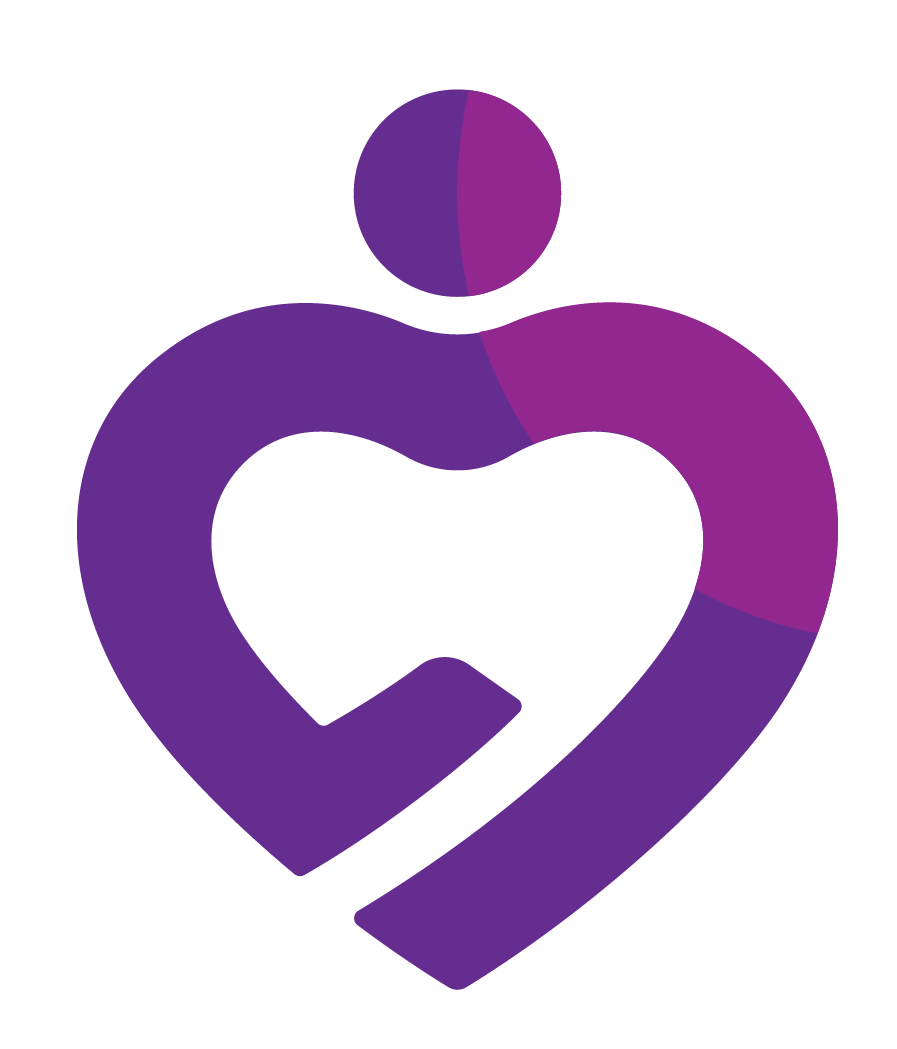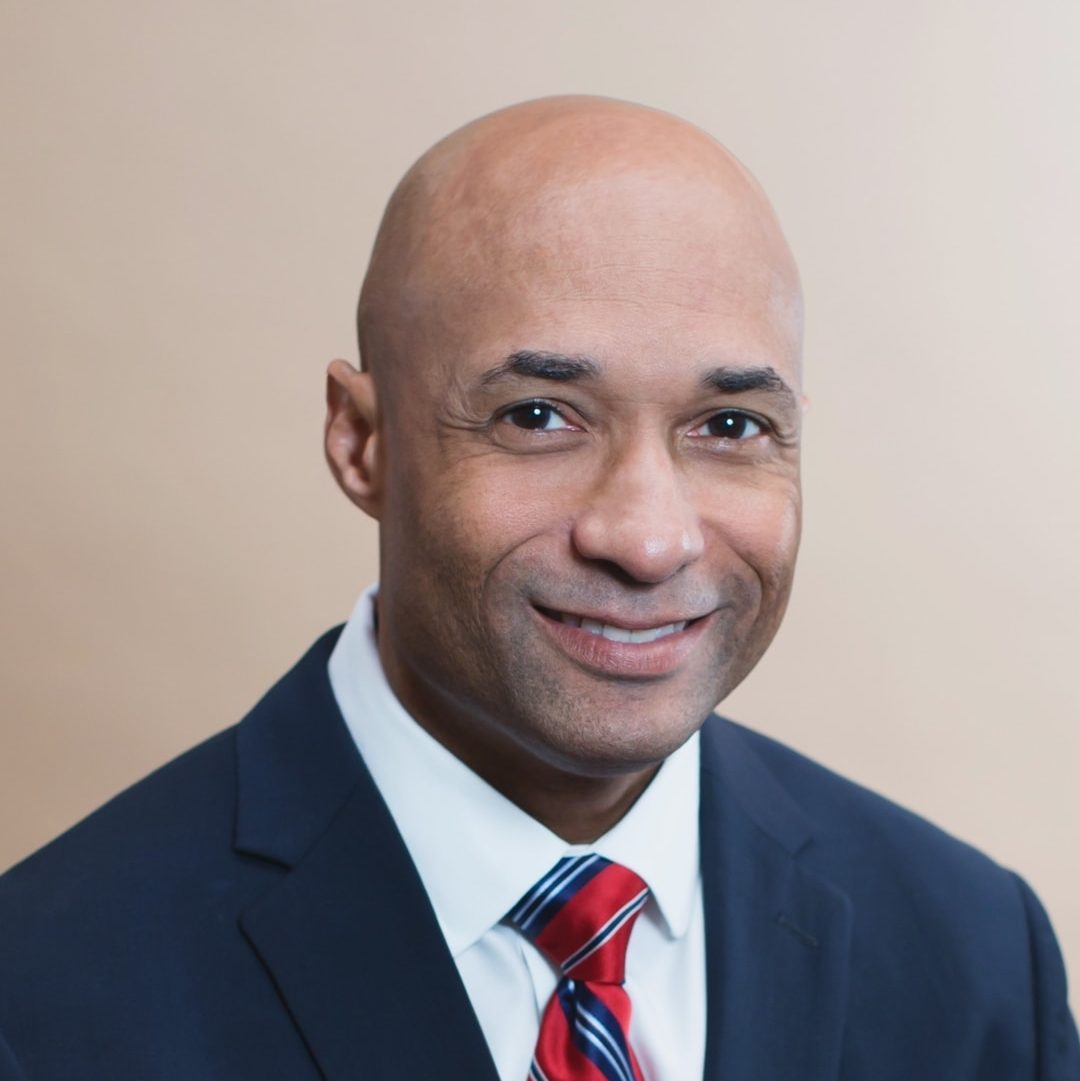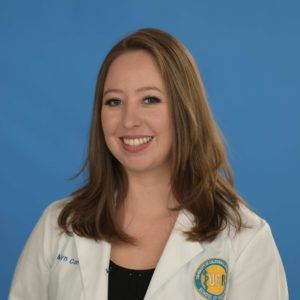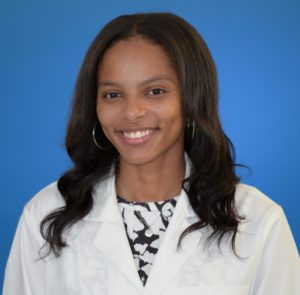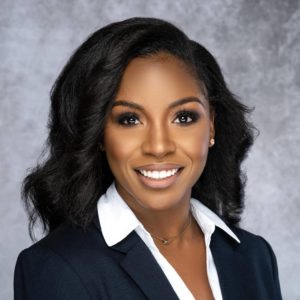What is your current title and role?
Medical Director, Houston Fertility Institute;
Clinical Professor of Ob/Gyn, The University of Texas McGovern School of Medicine, Houston, Department of Obstetrics, Gynecology and Reproductive Sciences
Member, Advisory Board, Midwest Reproductive Symposium International
Where did you grow up?
St. Louis, Missouri
Tell us about your professional (medical, nursing, allied health, etc) school?
I decided to become a physician at the age of 14. My uncle was a surgeon and he took me to his office a number of times. I cemented my desire to become a doctor after participating in a medical explorer post at one of the local hospitals. I attended a six-year medical program (combined BA/MD), which starts directly from HS and culminates with both a BA-Biology and MD degrees in 6 years. By going this direct route, I graduated from medical school at the age of 23.
University of Missouri -Kansas City School of Medicine Six-Year Program (Combined BA/MD); BA – Biology 5/84 ; MD – 5/85
Tell us about struggles and challenges in achieving your goal and how you overcame?
The six-year program was rigorous and you did not have summers off. Though sometimes things were difficult, I was able to lean on God, the things my parents had taught me, as well as my peers.
Please share with us about your family and your support group?
My father and mother were both college educated and definitely believed in the necessity of a college education. My father was instrumental in guiding me towards the six year option as opposed to the traditional method of 4 years of undergraduate studies followed by 4 years of medical school. I also had an extended family (grandparents, aunts, uncles) who would send me “care packages” (snacks, small amounts of money) from time to time.
Please share a memorable experience from your training that has stayed with you till today.
As a second year resident, I scored in the 90th percentile on the national training exam and won the best teaching resident award in the same year
When I was accepted into a fellowship program in reproductive endocrinology-infertility at UCLA/Cedars-Sinai Medical Centers in Los Angeles
Please share a highlight from your practice/current role.
Helping patients to become pregnant when they have had multiple prior failures.
What do you like and dislike the most about working in healthcare?
I love the fact that I still enjoy what I do after 30 years; I am also fortunate that my specialty allows flexibility (while I still do some surgical procedures, I can limit the number of procedures that I do, allowing me to spend more time in the office)
What are three things that you are grateful for?
1. Family (past and present)
2. That I am able to work and be successful in an area that I still enjoy after 30 years of practice
3. My Health
What excites you outside medicine?
I still train in martial arts (Muay Thai) and play in a band (bass, guitar); I also enjoy traveling with my wife of 35 years
What advice do you have for students interested in healthcare?
Explore different areas and do internships while in HS; Take the highest level math/science/English course that you can, to prepare yourself for college.
What do you think the student of today needs to be successful in matriculating and graduating from professional school (medicine, nursing, allied health, pharmacy)
A passion for the area of study, and a mindset to be prepared to work hard and not give up
How would you advise or guide students to develop leadership skills, community outreach experience, research opportunities and clinical shadowing?
By becoming involved in school groups, local food banks or whatever area of need that you see in your area; check with your school counselor about shadowing opportunities or simply go directly to the source (i.e. ask your doctor, dentist, etc when you have an appointment about shadowing opportunities)
How can we support and guide students to achieve good grades and be successful in
standardized exams?
This takes parents, school environment and a personal desire from the students themselves to recognize the importance of education; other community organizations/foundations can step in to lend support as well.
